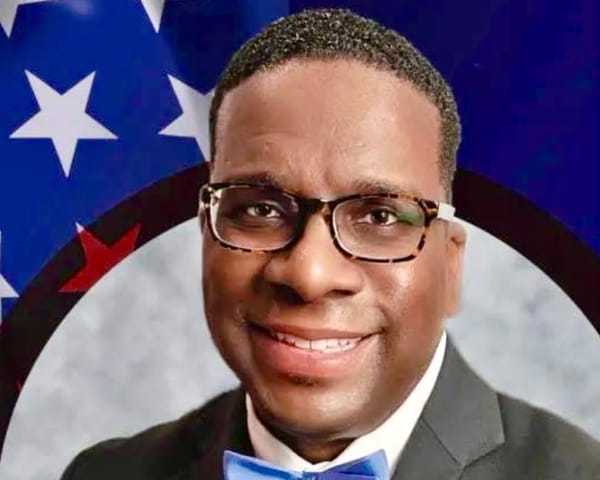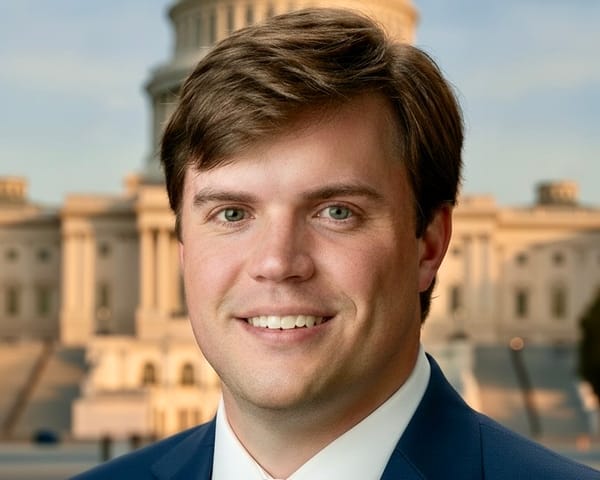MASA Hails Trump Administration’s Visa Move for Foreign-Trained Doctors
Medical Association of the State of Alabama supports removal of “major roadblock”

The Trump administration has restored and prioritized visa appointments for incoming international medical graduates (IMGs) under the J‑1 exchange visitor program. The decision enables these doctors to begin residency in July, easing staffing strains across Alabama.
The Medical Association of the State of Alabama (MASA) praised the move, noting the heavy reliance of rural communities on IMGs to fill critical gaps.
“Many of Alabama's communities rely on International Medical Graduates to provide essential healthcare services,” said Dr. Bill Admire, Vice President and Chief Medical Officer at Mobile Infirmary, and Vice President of the Association’s Board said in a statement. “These physicians are ready and willing to serve where they're needed most, and we're grateful to see the administration act to remove a major roadblock.”
A May 27 directive had halted visa interviews for J‑1 applicants during a review of social media vetting practices, threatening residency start dates on July 1. Then, on June 18, the State Department lifted the pause and instructed U.S. embassies to give priority to physicians seeking J‑1 placements.
The visa pause was part of a wider initiative to strengthen social media vetting of student and exchange visas under Secretary of State Marco Rubio. Applicants now must fully disclose their online presence—a policy critics say infringes on privacy. The enhanced screening resumes visa interview scheduling but limits capacity, except for prioritized categories such as J‑1 physicians.
These visa controls are tied to broader restrictions, including a June 4 proclamation that limits entry from several nations on security grounds. IMGs from those countries may face extra hurdles—even with interviews prioritized.
Nationwide, IMGs represent nearly 22 percent of incoming residents and are key to staffing clinics and hospitals, especially in teaching hospitals and rural areas.
The Medical Association also points to State-level remedies: since 2023, Alabama’s Physician Workforce Act—backed by Representative Paul Lee and Senator April Weaver—has created incentives for doctors to serve in high‑need areas. Additionally, $2 million from the opioid settlement supports Psychiatry residencies, and $2.4 million funds primary care slots at the Cahaba Clinic.
Critics argue that overreliance on IMGs masks deeper systemic issues. Many IMGs come from vastly different training environments, which poses integration challenges in the U.S. healthcare system. The J‑1 program itself carries a two‑year home‑residency requirement unless waived through Conrad or other routes, potentially disrupting career progression.
Moreover, language and cultural barriers can contribute to miscommunication with patients and colleagues—issues that might go under‑reported. Hospital administrators caution that while IMGs are essential, investments in domestic medical education and rural training pipelines would offer more sustainable solutions.
MASA continues to press for a multi-faceted approach to this issue. Increasing medical school and residency positions, boosting incentives for rural practice, and supporting telemedicine are only some of the strategies being considered. While the Trump administration’s visa reprieve is both welcome and critically needed at this time, experts note that long-term change should be based on structural reforms of both federal policy and state healthcare funding.
The visa reprieve offers much-needed relief for Alabama’s medical facilities—but they should complement, not substitute for, a robust strategy of domestic recruitment.




